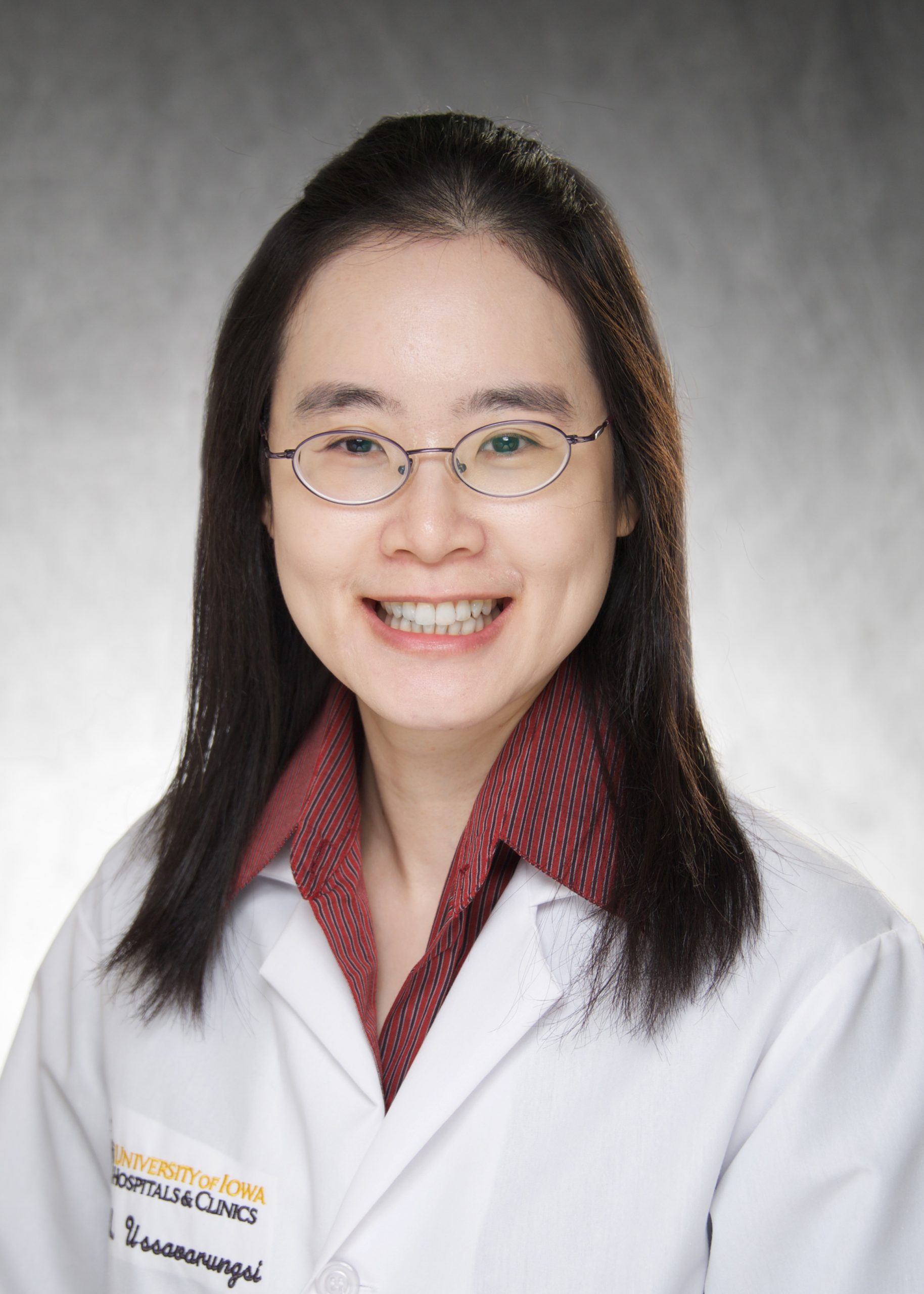Last week I was honored to participate in Progress, a two-day interdisciplinary CME conference that Internal Medicine has hosted for more than three decades. In more recent years, the conference has evolved into a collaboration with the College of Pharmacy, inviting physicians and pharmacists to deliver multiple perspectives on many pressing issues facing health care providers of all types. Traditionally held the same week as the University of Iowa Homecoming, Progress also offers an opportunity for member societies such as the American College of Physicians (ACP) and the Society of Hospital Medicine (SHM) to hold its chapter meetings, stimulating reunions of friends and colleagues while also advancing the work of our profession. I was very pleased to see the participation of many of our house-staff in the regional ACP and SHM meetings, who presented outstanding posters underscoring clinical and diagnostic challenges. I want to give a shout-out to Justin Chau, who won the state-wide clinical vignette competition and who will represent Iowa at the national ACP meeting. Way to go, Justin. We have high hopes for your success! My congratulations to Course Director Dr. Scott Vogelgesang and the entire planning committee for such a successful event.
I was invited to speak to the Progress attendees about the challenges facing academic medicine, particularly our department and the efforts we make to excel in each of our missions equally. Academic medical centers face a number of headwinds right now—increased competition for traditional sources of research funding, an ever-changing and unpredictable health insurance market, declining reimbursements and an often-at-capacity hospital—all of which, though challenging, will not deter us from our core missions. I also shared with the audience, composed of many community-based private practitioners, my belief that there are many opportunities for us to partner with our community-based colleagues to advance our missions in education and research. I highlighted ways in which we can collaborate clinically in the coordination of care of the patients that we share. It is my hope that we will strengthen those partnerships as we seek to strategically increase the Department’s presence in the community. In this regard, I look forward to working closely with Dr. Joel Kline in his new role as Vice Chair for Clinical Strategy, whose focus among others will be to explore opportunities and develop new venues for clinical outreach in the many communities that we serve.
We have an amazing faculty within our Department working long hours to provide outstanding care to the many patients that we serve, in both the inpatient and outpatient venues. We have realized that the Department must do a better job to support faculty development and to offer career mentoring to our clinical faculty. In this regard, Dr. Joe Szot, our Vice Chair for Education, has been focusing on establishing systematic and enduring mentorship programs for junior and mid-career faculty, which is a top priority for the Department. Without interpersonal relationships designed to help our colleagues grow and thrive, faculty can easily feel adrift and unsupported, valued only for the labor they can produce and not for their individual success. Robust mentorship programs will ensure that all faculty members, particularly those at the earlier career stages, get the guidance and support they need. Ultimately our faculty’s professional success and career satisfaction will make our Department stronger, increasing retention in clinical academic medicine and contributing importantly to the achievement of our departmental vision and larger goals. In the coming weeks, Dr. Szot will be sending out two surveys asking for your input as we seek to enhance our existing mentorship programs and develop new ones. He will ask what is or has been important to you in mentor relationships and then for specific activities you would like to see incorporated. Please give his request your full attention and know that your input will be heard and appreciated.
Finally, as we enter the busy house-staff recruitment season, I hope many of you had a chance to watch and read these interviews with three of our interns about why they chose to come to the University of Iowa for their residency. As we recruit the next class of trainees, the voices and perspective of these first-year trainees should be in the front of our minds. I believe that the importance to them of the academic rigor and structure, the compassion of their peers and instructors, and the character of Iowa City itself are important elements that make Iowa a great choice for prospective applicants, factors we should remember to share with those who may become our next class of residents. Thank you, Drs. Roger Struble, Matthew Soltys, and Alissa Kauffman for generously giving of your time to participate in these interviews.


One comment on “Building Relationships and Investing in Our Own”